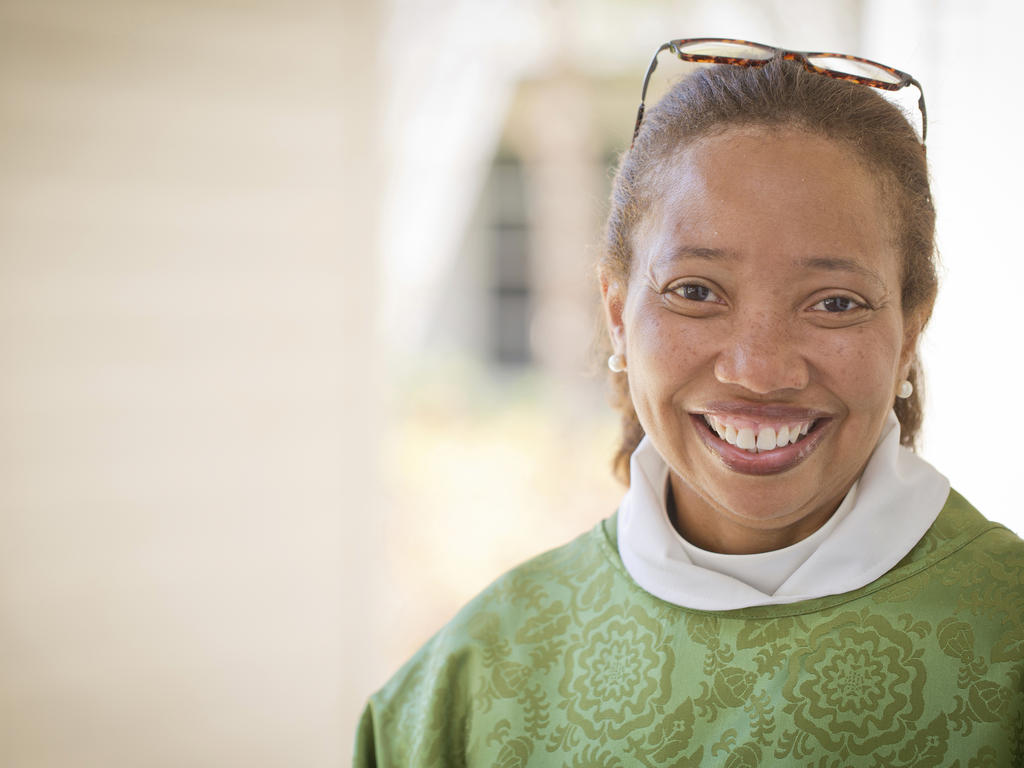By Rev. Dorothy Wells ’82
HuffingtonPost.com
Throughout America, there’s a persistent national debate about the value of a liberal arts education. A day seldom passes when a new study doesn’t appear about student debt, unemployed graduates, the need for professional training and, the perennial question, “Who needs to study Plato anyway?”
“Education and Innovation: Time for a Change”
--Seamus Carey, PhD
I would love to say that, as a young high school student, I decided on a liberal arts college because I had some lofty goals about how the intriguing subjects that I would study would shape my life.
Unfortunately, that wouldn’t quite be true. As an aspiring writer, I entered Rhodes College planning to graduate with a double major in English and media arts, hoping one day to be writing for a magazine and perhaps penning a book or two. And, yes, since I loved music, I thought that I might pursue that, too, just for fun. A liberal arts college seemed like a perfect choice for me, because, quite frankly, I expected that having to move beyond my comfort zone and to be exposed to subjects that I might otherwise not choose to pursue would help me as a writer.
What I got was more than I expected. The gift of my liberal arts education was the gift of learning, and it has been the gift that’s kept on giving throughout my life.
As one might have expected, I thrived in literature, languages, and music. I merely survived biology, calculus, and psychology. In the end, I surrendered myself to the passion of making music, and majored in vocal performance—not exactly the major that one might pursue if one were hoping to graduate from college and go on to a high-paying job.
But along the liberal arts highway, I learned a few rather unexpected lessons about myself, and about the world. I wrestled with questions about justice as I studied the ethics of systems of economic distribution. In political science, I struggled with questions about how matters of national welfare were being addressed by our partisan party system. I began exploring my own capacity for ministry in the storied Pain, Suffering and Death course. And, I savored my first opportunity to give back to the community as a tutor in an inner-city after-school program, where the lessons that I learned were far more significant, no doubt, than any lessons that I was able to teach. I was challenged, encouraged, and empowered.
Truth be told, the first couple of years after undergraduate school were tough, economically. I didn’t walk out of college and into a great paying job. There wasn’t much left over after I paid the rent.
But I was able to do some performing—actually, quite a bit of performing—in concerts, recitals, and even a few operas. My second “day job” with a regional consulting firm, which I landed in large part because of my broad liberal arts background, not only supported me enough to be able to enjoy performing, but opened up some pretty fascinating vistas in and of itself. I entered law school, began a successful 18-year career as an attorney, and was fortunate yet again to follow my heart and calling to seminary and ordained ministry.
Had it not been for a liberal arts education, I might not otherwise have read (and appreciated) the likes of Solzhenitsyn, Kübler-Ross, and Kant. I might not have pondered or wrestled with questions about the world as we know it. And I might not have been equipped and prepared to earn a law degree, translate my law practice into a corporate setting, work as a business leader—and then shift gears and go on to the vocation of ordained ministry. A liberal arts education equipped me for life, with all of its changes and iterations.
The one constant through all of these life changes is that I’m still writing. From a substantial body of published professional works that I wrote as an attorney, to the blog on spiritual life that I write today, I continue to pursue a love that first came in a high school classroom and that was fueled during my years at Rhodes.
For those who question the value of a liberal arts education in today’s world, I offer a different perspective: What is the value of the gift of an inquiring mind, a fluency in the language of many disciplines, and a passion for lifelong learning? From my point of view, the gift of a liberal arts education is priceless.
After 18 years practicing law, the Rev. Dorothy Wells enrolled in the seminary and is now the priest in charge at St. George’s Episcopal Church in Germantown, TN.
